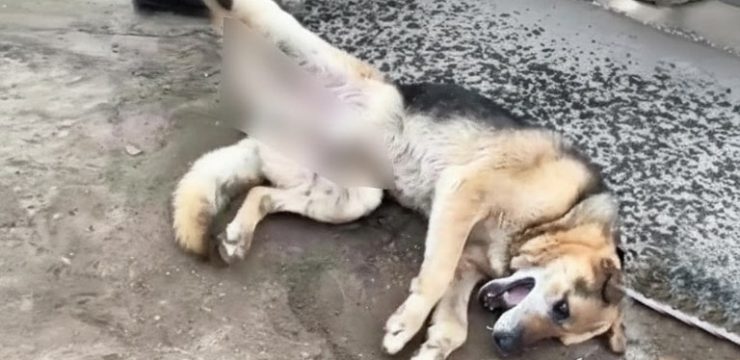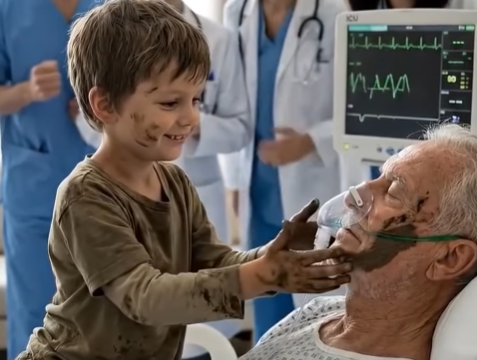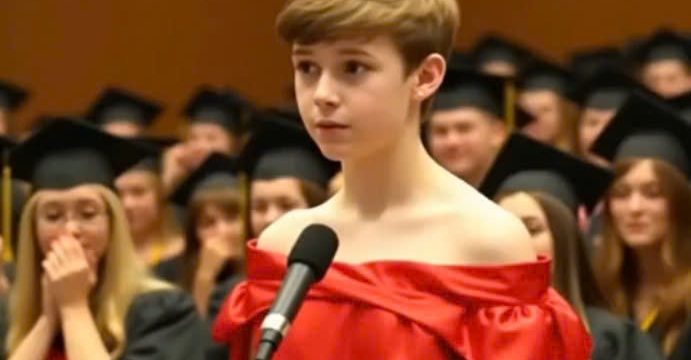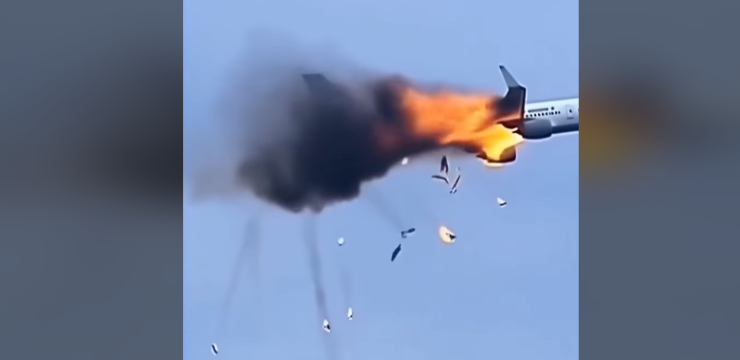Every school is more than just a place to learn—it’s a small society filled with personalities, hierarchies, friendships, and struggles. Some students stand out, while others drift quietly through the halls, barely noticed. At Riverside High, Anna Martinez was one of the quiet ones. She kept her head down, rarely raised her hand, and seemed to fade into the background. Yet behind that quiet exterior was a mind that saw everything and a heart that refused to accept injustice. She wasn’t just a bystander; she was silently gathering courage to challenge a broken system that had allowed cruelty to thrive unchecked. What began as quiet observation would soon ignite a movement for truth, justice, and change.
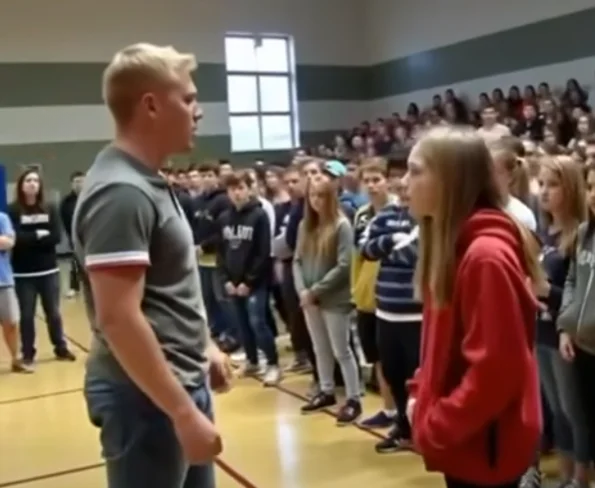
At Riverside High, the atmosphere was dominated by a single name: Marcus “Tank” Rodriguez. The star football player, admired by classmates and celebrated by coaches, was the school’s pride. His victories brought prestige, and his charisma made him untouchable. But beneath the cheers and trophies was a darker truth. Marcus had created a climate of fear. His strength wasn’t just physical—it was social. He controlled the hallways through intimidation, and few dared to cross him. Those who did often found themselves mocked, excluded, or worse. The teachers and administrators knew but chose silence. Marcus’s talent made him “too important” to discipline, and his actions were dismissed as youthful mischief or misunderstanding. This unspoken protection sent a chilling message: power mattered more than integrity, and no one dared to challenge it.
Everything changed one afternoon when Kevin Chen, a kind and academically gifted student, was seriously injured. The school called it an “accident during practice,” but the truth was different. Marcus had pushed things too far. Kevin’s broken arm became a symbol of how far the silence had gone. Students whispered, parents questioned, but no one dared speak openly. Yet for Anna, something inside shifted. Watching her friend suffer for no reason other than cruelty lit a spark she could no longer contain. She realized that silence was not neutrality—it was complicity. Though afraid of Marcus, the administration, and the social backlash, she made a decision that would change everything: she would no longer stay quiet.
Anna had always carried a small notebook. Most thought it was for class notes or doodles, but inside were detailed records of what she had seen—dates, incidents, conversations, and even screenshots of threatening messages circulating online. For months, she had quietly built a case, documenting every pattern of abuse, favoritism, and administrative neglect. While others whispered rumors, Anna gathered proof. She understood the risks. Without evidence, her words would be ignored. But with it, she could hold power accountable. She wasn’t impulsive or reckless—she was meticulous. Her silence had never been weakness; it had been preparation.
The moment of truth arrived unexpectedly. During lunch one day, Marcus decided to target Anna. In front of dozens of students, he mocked her appearance and her quiet nature, expecting laughter from his usual audience. But this time, Anna didn’t shrink away. Her voice, calm but firm, cut through the noise. She revealed what she had been doing all along—collecting evidence of his bullying, documenting the pain he’d caused, and exposing the complicity of those who had looked the other way. The room went silent. Marcus, usually quick with insults, was left speechless. Then something extraordinary happened: other students began to speak. They nodded, whispered their agreement, and soon voices that had once trembled with fear rose in support. The empire of fear crumbled in a single afternoon.
The fallout was immediate. Anna took her documentation to the administration, and this time, no one could ignore it. Parents demanded action, and the local community became involved. Marcus was suspended from the football team, pending an investigation, and the principal—who had long ignored complaints—was placed on leave. The story spread beyond the school, prompting difficult conversations about accountability, privilege, and how institutions protect those who bring glory while silencing those who suffer. For the first time in years, Riverside High was forced to confront itself.
The atmosphere at the school began to shift. Students who once walked the halls in fear began to hold their heads high. Conversations that used to happen in hushed tones became open discussions. Teachers, too, reflected on their role—not just as educators but as protectors of their students’ well-being. Policies were rewritten, anti-bullying programs were strengthened, and a culture of respect began to take root. For Anna, the transformation was bittersweet. She never sought fame or praise; she simply wanted fairness. But now, her classmates saw her differently—not as the quiet girl in the corner, but as someone who had given them back their voice.
Anna’s courage carried lessons far beyond her school’s walls. True bravery is not the absence of fear—it’s action in spite of it. She was terrified, but she acted anyway. Her story reminds us that systems often protect the powerful, and it takes one person’s determination to break the cycle. Her careful documentation proved that truth needs evidence to stand firm. And most importantly, she showed that silence helps the wrong people. By choosing to speak up, Anna protected others who couldn’t protect themselves.
The changes at Riverside High didn’t happen overnight, but the shift was undeniable. Students were encouraged to report issues without fear of retaliation. Teachers received training to recognize subtle forms of bullying. Kindness and empathy became celebrated as much as athletic victories. The school learned that true pride doesn’t come from trophies—it comes from integrity. Anna’s quiet strength became part of Riverside’s legacy.
Her journey became a beacon for schools everywhere, a reminder that every institution must foster a culture of respect and transparency. Clear reporting systems, trained staff, and equal accountability for all students—these were no longer ideals but necessities. Anna had shown that even the smallest voices can echo the loudest when they speak the truth.
Anna Martinez never wanted to be a hero. She simply refused to turn away. Her courage didn’t just expose wrongdoing—it rebuilt faith in justice and humanity. At Riverside High, laughter returned to the hallways, confidence replaced fear, and students learned that their voices mattered. Because one girl decided that doing nothing was no longer an option, her community rediscovered hope.
Her story is a powerful reminder that change doesn’t begin with authority—it begins with conscience. One decision, one act of courage, one voice raised against silence can transform an entire system. Anna’s bravery became more than a headline; it became proof that truth, once spoken, cannot be silenced.
